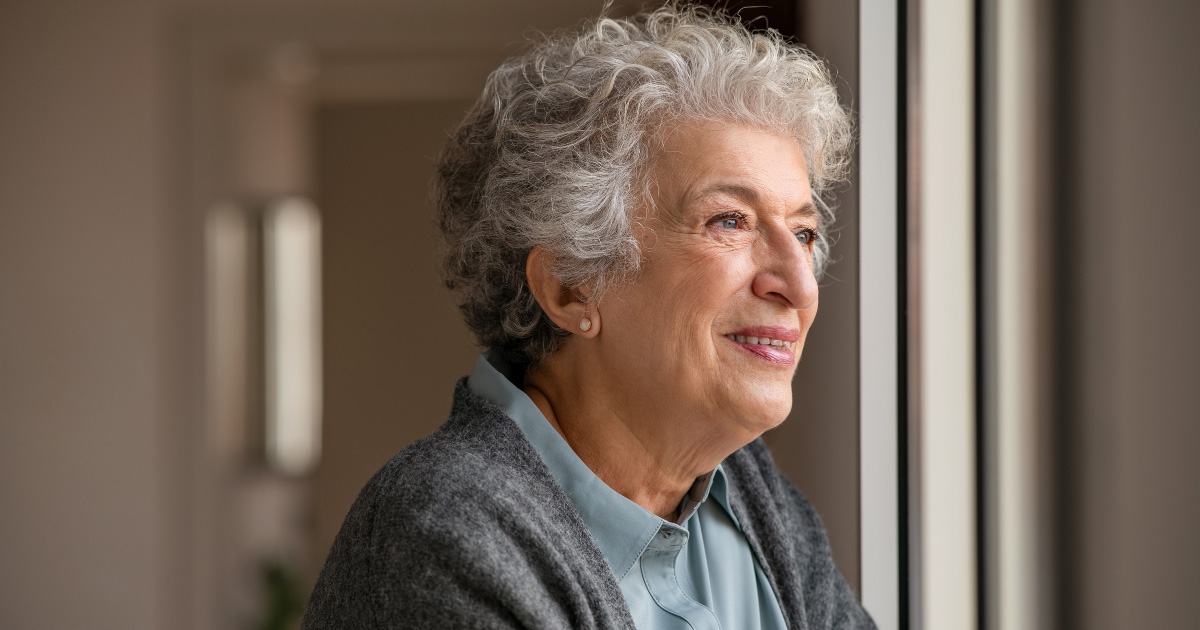Preventing Osteoporosis: Essential Tips for Stronger Bones Post-Menopause
Published October 19, 2023 by R. Bradley Robinson, M.D. in At Home Caregiving, Health & Wellness, Senior Health & Wellness

Osteoporosis is a common condition that predominantly affects postmenopausal women. A decrease in the body’s estrogen levels leads to low bone mass which in turn increases the risk of fracture. According to the International Osteoporosis Foundation, approximately of 30% of postmenopausal women in the United States have osteoporosis and of these, 40% will sustain at least one fracture over the course of their lifetime. Given that a fracture may require surgery and a hospital stay, it is important to take every measure to prevent the development of osteoporosis.
1. Calcium & Vitamin D: Get the Right Amount
It is widely known that calcium and vitamin D in the right amounts will decrease the rate of bone loss and keep your bones strong. The question is: how much do you need? The answer will depend on your age, gender, and dietary habits. Rather than following a general guideline, it is best to speak with your own doctor or nutritionist about how much calcium and vitamin D you are receiving from your diet, and how much you should supplement. A history of other health conditions, such as kidney stones, may affect how much calcium you need, and these decisions are best made on an individuals basis.
2. Exercise: A Little Goes a Long Way
Research has shown time and again that exercise has a positive impact on bone density and reduces the risk of fractures. In general, women with osteoporosis are advised to exercise for 30 minutes, 3 times a week as a lifestyle treatment. A variety of exercises including walking, jogging, and resistance training have all been demonstrated to be effective for prevention as well. Again, speak with your healthcare provider about an exercise plan that you will enjoy and receive the benefits from for years to come.
3. Smoking Cessation
There are many reasons to kick the habit for good, and improving your bone health is one of them. Smoking accelerates bone density loss and is associated with increased fracture risk. The good news is that quitting, even later in life, can have a significant impact not just on your bones, but on other aspects of your health as well. Quitting is never easy, but there are more resources to help you quit today than ever before.
Your bone health is important. In addition to these three lifestyle habits for osteoporosis prevention, screening plays an important role in identifying those patients who may need treatment with a medication to prevent further damage. Bone mineral density scans (e.g. DEXA scan) are a quick, painless way to assess your risk. Screening should begin in all women at 65 years of age and older, and may start younger in women and men with certain risk factors. Speak with your healthcare provider about the best plan of attack to keep your bones strong for a long and independent life.
If you have questions about senior home
care services or if you want to start care:
Related Posts

January 27, 2025
Is There a Food Allowance Card for Seniors?
Jody Guerrieri, RN.

January 27, 2025
What Causes Glassy Eyes in the Elderly?
Jody Guerrieri, RN.

January 27, 2025
What Age Is Considered a Senior Citizen?
Jody Guerrieri, RN.
Helping seniors age in place, with dignity & grace.